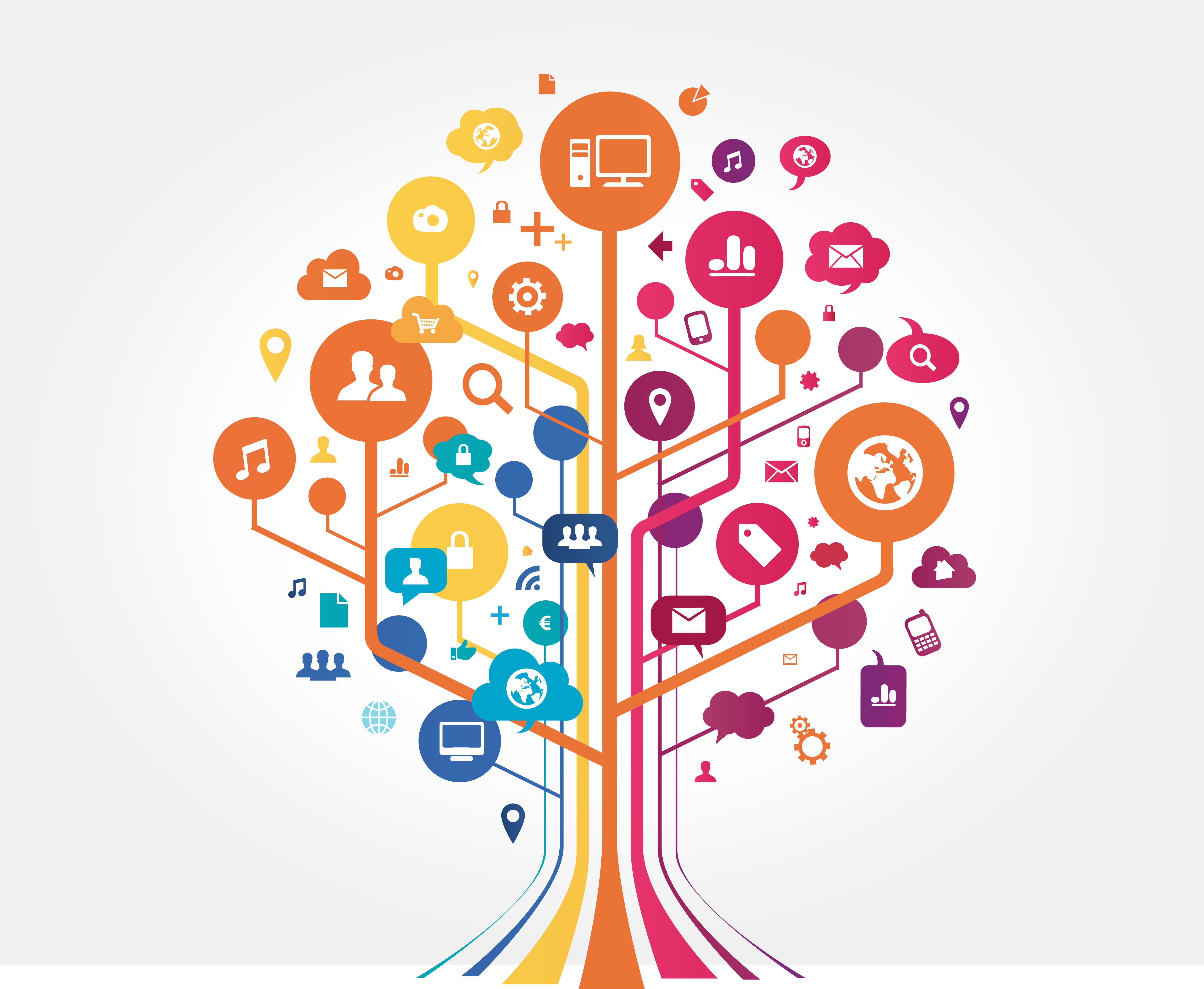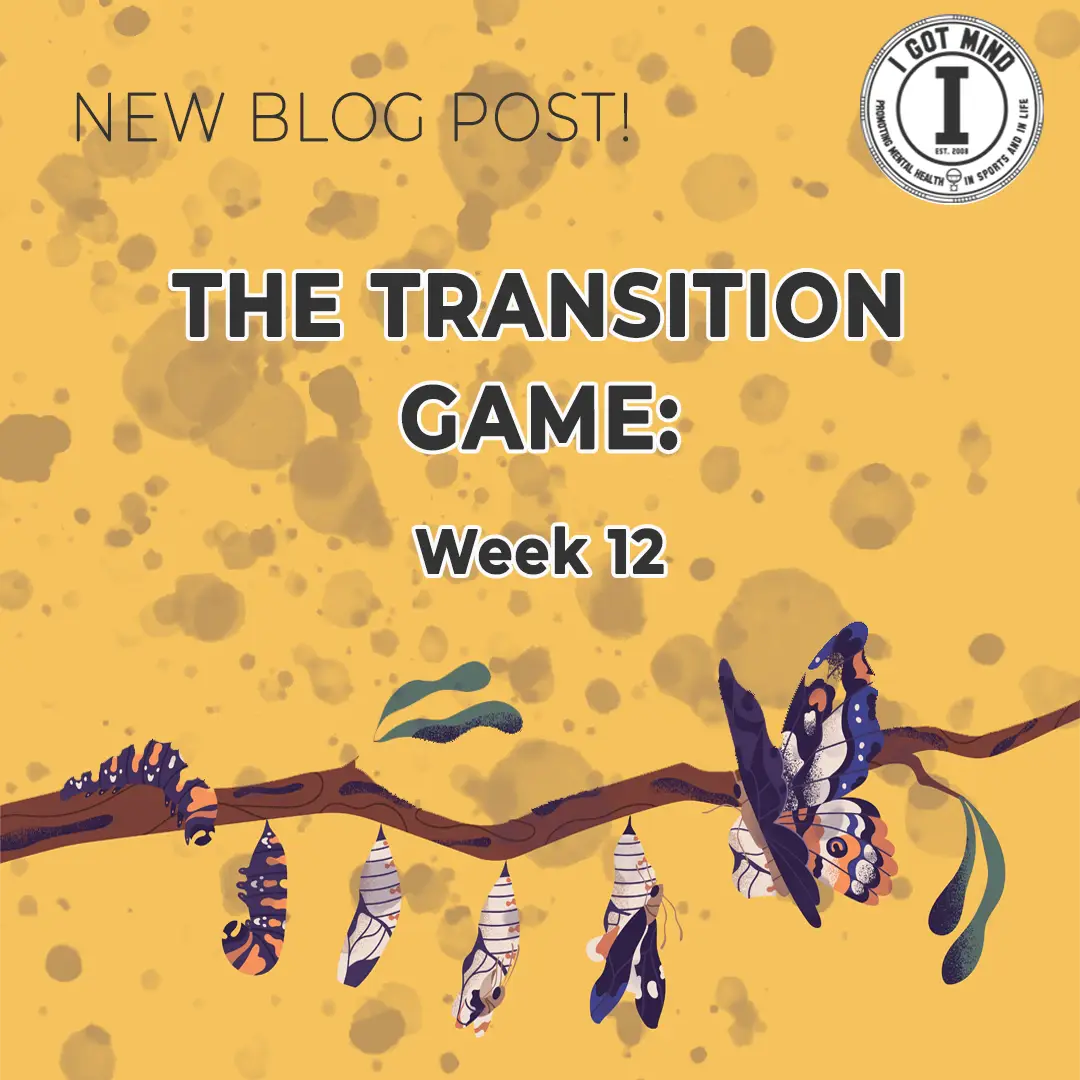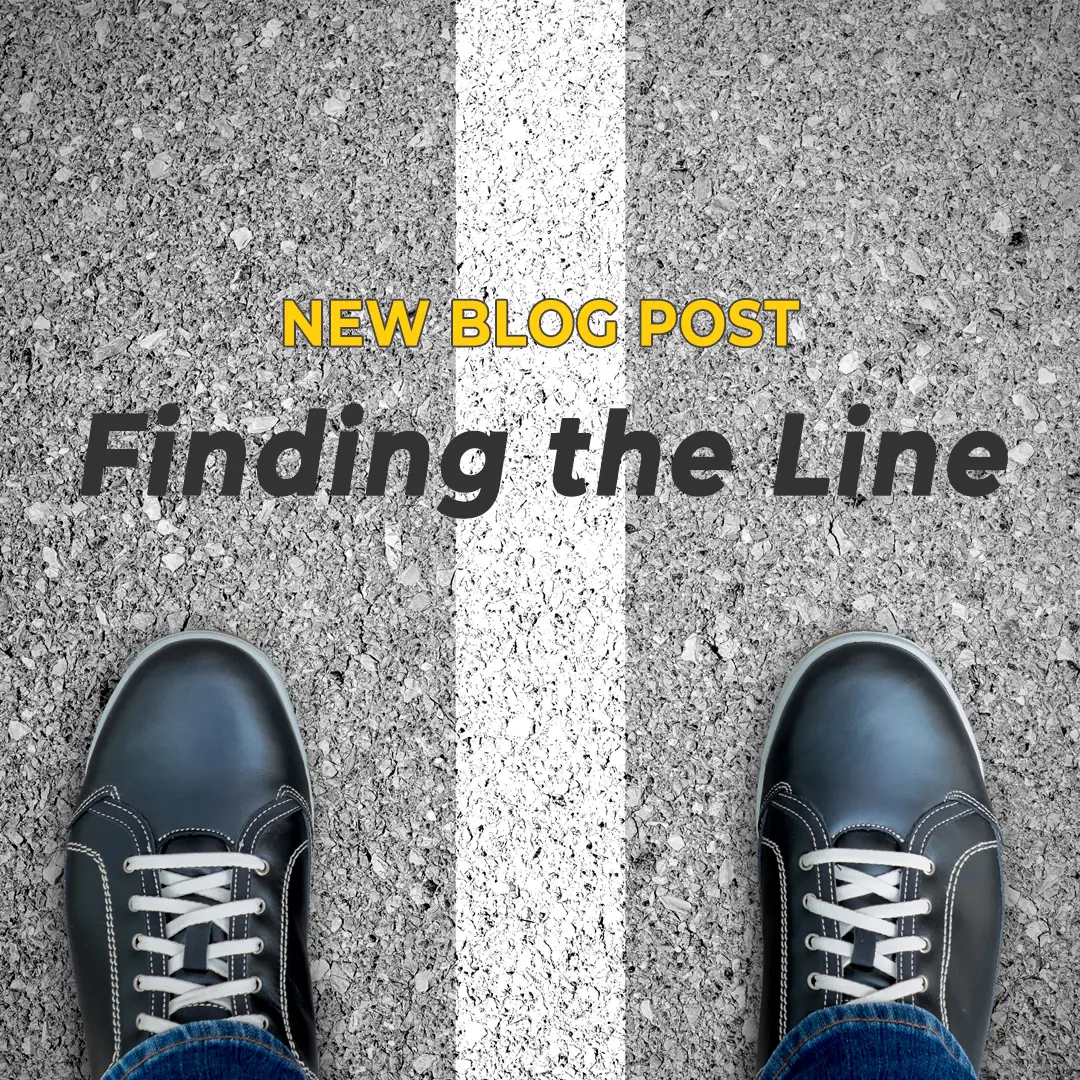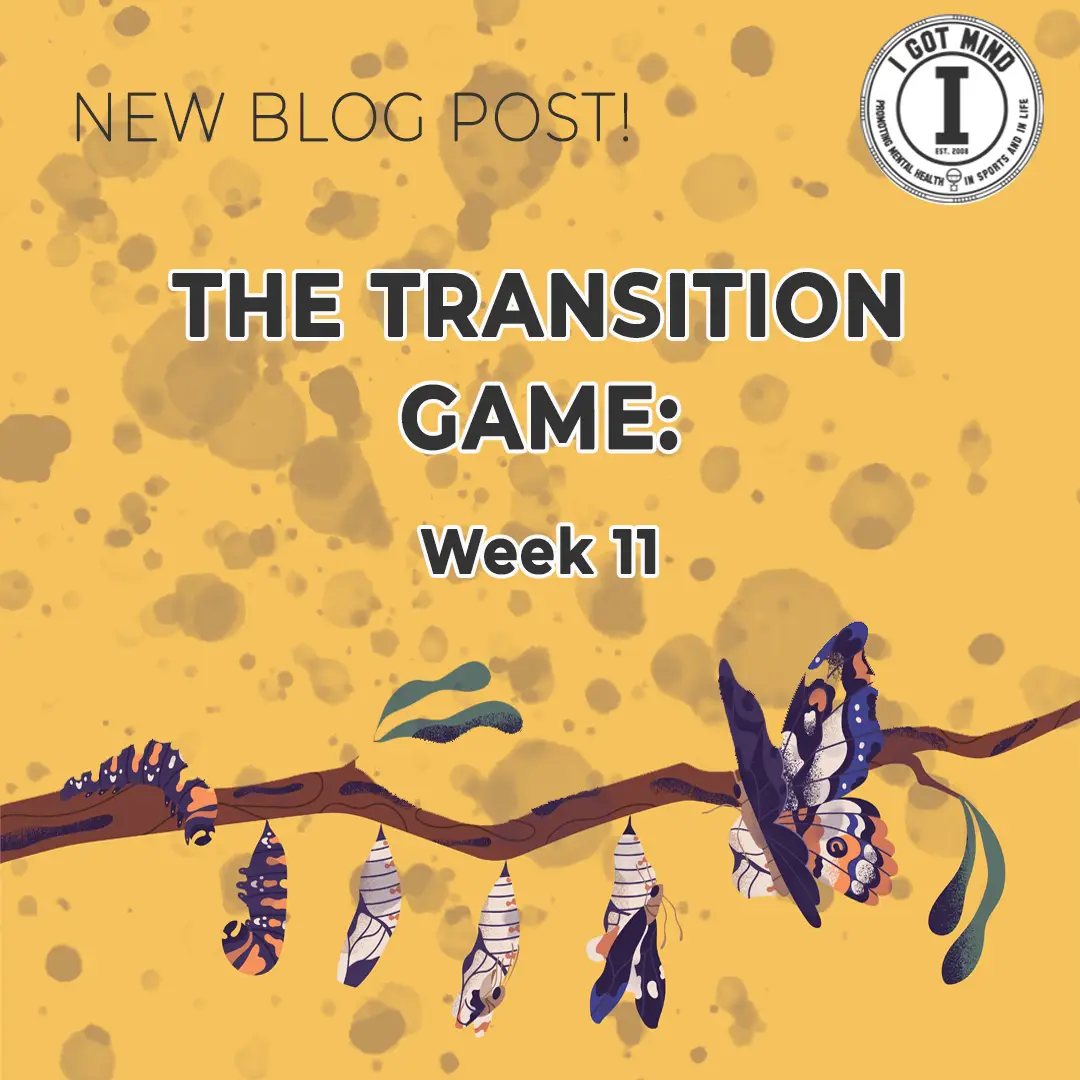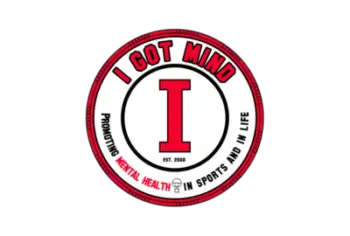Why Workplace Culture Has Become Important
- Employee Engagement:
- Companies with engaged employees outperform those without by up to 202%. (Gallup)
- Highly engaged teams are 21% more profitable. (Gallup)
- 85% of employees are not engaged or actively disengaged at work. (Gallup)
A healthy work culture is essential for the well-being and productivity of employees and the overall success of an organization. Here are some statistics and key indicators associated with a healthy work culture:
- Communication and Transparency:
- 69% of employees say they would work harder if they felt their efforts were better recognized. (Globoforce)
- 82% of employees believe that they would be more loyal if their company was more transparent. (American Psychological Association)
- Work-Life Balance:
- 66% of employees say work interferes with their personal life. (American Psychological Association)
- Companies that promote work-life balance have a 25% lower turnover rate. (The Corporate Executive Board)
- Diversity and Inclusion:
- Companies with diverse executive boards are 33% more likely to outperform their peers. (McKinsey & Company)
- 67% of job seekers consider diversity an important factor when evaluating job offers. (Glassdoor)
- Employee Well-being:
- 61% of employees say their overall well-being significantly impacts their performance at work. (Virgin Pulse)
- 76% of employees say they have struggled with their mental health at some point. (Morneau Shepell)
- Leadership and Management:
- 75% of employees voluntarily leave their jobs because of their bosses, not the position itself. (Gallup)
- 91% of employees believe their leaders lack the skills to manage a team. (Inc.)
- Feedback and Recognition:
- 65% of employees want more feedback. (Officevibe)
- 69% of employees would work harder if they felt their efforts were better recognized. (Globoforce)
- Training and Development:
- Companies that offer training programs have a 34% higher retention rate. (LinkedIn)
- 87% of millennials say professional development or career growth opportunities are very important. (Gallup)
- Safety and Health:
- In 2019, there were 2.8 million nonfatal workplace injuries and illnesses reported in the U.S. (Bureau of Labor Statistics)
- Organizations that prioritize employee health and safety experience fewer accidents and lower absenteeism rates.
- Employee Satisfaction:
- Companies with satisfied employees outperform their competitors by 20%. (Gallup)
- 88% of employees believe that a positive company culture is essential for their success.
These statistics underscore the importance of fostering a healthy work culture, including aspects like employee engagement, communication, work-life balance, diversity and inclusion, well-being, leadership, feedback, training, safety, and overall employee satisfaction. A positive work culture can increase productivity, retention, and overall organizational success.

